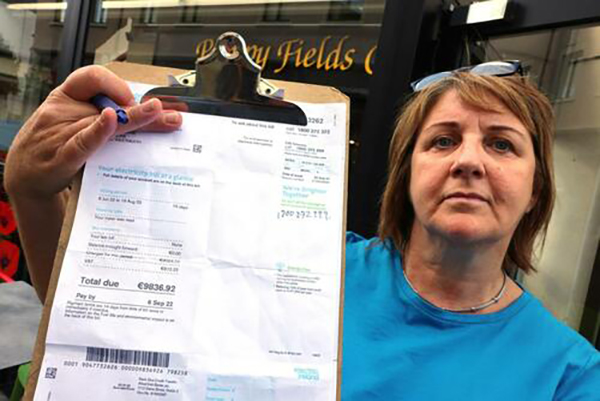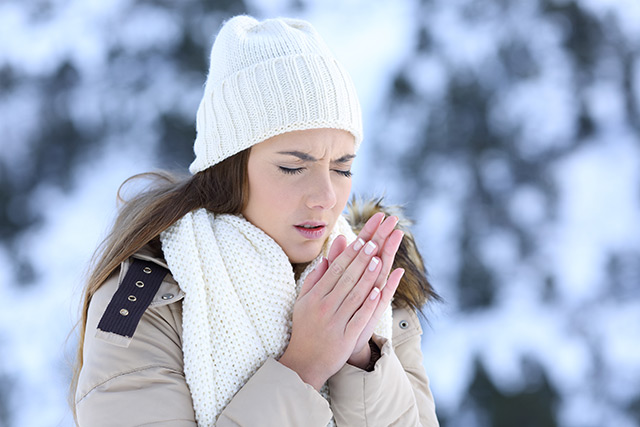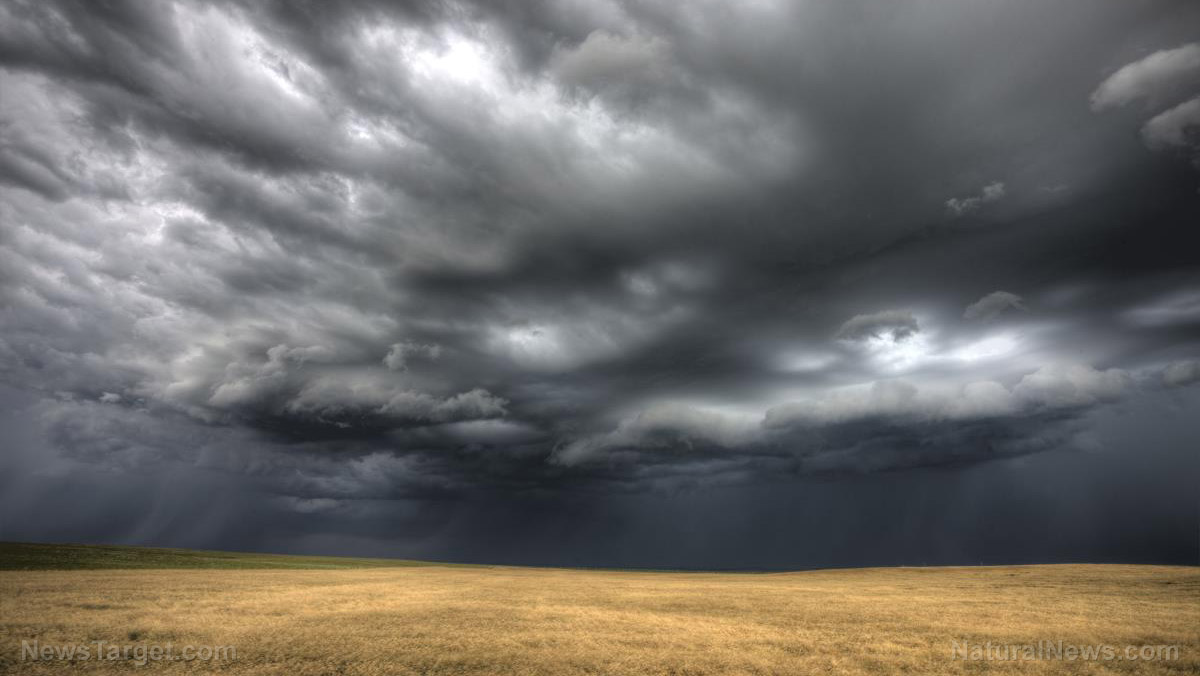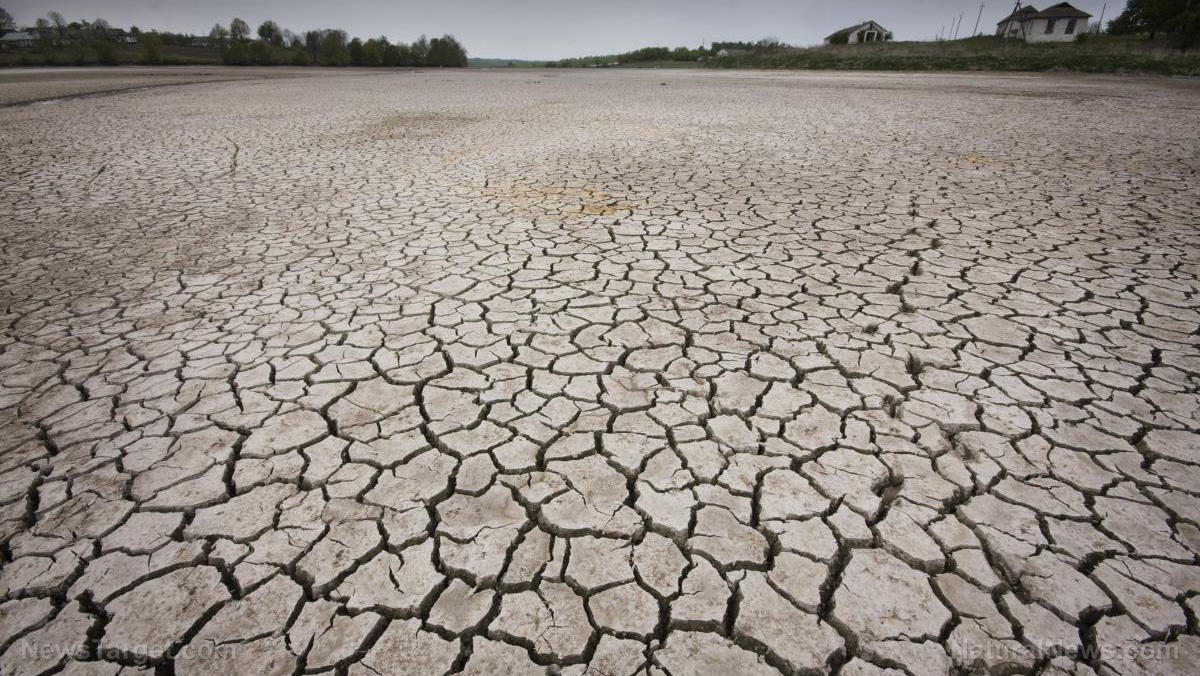COVID-19 lockdowns in 2020 caused temporary global warming, study shows
02/08/2021 / By Cassie B.

When much of the world was plunged into lockdown last year as a result of the coronavirus pandemic, there was a lot of speculation that the lack of activity would benefit the environment. However, a new study shows that these changes to our lifestyles actually slightly warmed the planet for several months in 2020 in a counterintuitive finding that underscores the role of airborne particles in influencing temperatures.
In fact, the temperatures in some places of the eastern United States as well as China and Russia rose by as much as half to two-thirds of a degree, according to the study, which was published in Geophysical Research Letters. This was because there were fewer soot and sulfate particles in the air from car exhaust and burning coal. These particles normally have a temporary cooling effect on the atmosphere as they reflect the sun’s heat.
When the emissions of aerosols dropped suddenly last spring, it meant that more of the sun’s heat was able to reach the planet, particularly in countries that are heavily industrialized and normally pump significant amounts of aerosols into the atmosphere. For example, the warming reached around 0.7 degrees Fahrenheit across much of Russia and the United States. The effects were mixed in the tropics and relatively minor in the southern hemisphere, where the emissions of aerosol generally tend to be far less pervasive.
The study’s lead author, National Center for Atmospheric Research Atmospheric Scientist Andrew Gettelman explained: “Cleaning up the air can actually warm the planet because that (soot and sulfate) pollution results in cooling.”

To perform his calculations, he compared the weather in 2020 to computer models that simulated what the conditions in 2020 would have likely been without the reductions in pollution due to pandemic lockdowns. He and his coauthors used two leading climate models to run simulations, making adjustments to the emissions of aerosols and using actual meteorological conditions seen during the year, such as winds.
Overall, the planet was .05 degrees warmer for 2020 on average because there were fewer cooling aerosols in the air. The temporary warming effect caused by the reduction in particles was stronger last year than the effect of the reduction in heat-trapping carbon dioxide emissions. This is because carbon remains in the atmosphere for more than a century and its effects are seen over the long term, whereas the effects of aerosols can be seen for around a week.
Although there were warming effects in the short term, Gettelman said that the pandemic may slow climate change in the long term given the more gradual influence of reduced carbon dioxide emissions on climate.
Even without the decrease in cooling aerosols, the global temperatures for the year were already showing the potential to break the yearly heat record due to burning oil, natural gas and coal. However, the aerosol effect may be enough for this to go down as the hottest year since NASA started measuring temperatures.
Gettelman said: “Clean air warms the planet a tiny bit, but it kills a lot fewer people with air pollution.”
Different study shows lockdowns improved air quality in some ways, but less than expected
Meanwhile, a study that was published in the journal Science Advances found that although COVID lockdowns improved air quality to some degree, those gains were smaller than researchers expected and fluctuated depending on the city studied. In that study, the researchers found small reductions in the levels of NO2, an air pollutant caused by traffic emissions that has been linked to respiratory problems, and increases in concentrations of ozone, which is harmful to human and animal health as well as crops. The concentrations of PM2.5, meanwhile, dropped in all of the cities studied except for Paris and London.
It’s still too early to say how the changes in human activity last year will impact the environment in the long term, but it’s already clear that the lockdowns actually caused global temperatures to rise.
Sources for this article include:
Submit a correction >>
Tagged Under:
aerosols, air quality, climate change, Collapse, environment, global warming, lockdown, lockdowns, research
This article may contain statements that reflect the opinion of the author
RECENT NEWS & ARTICLES
COPYRIGHT © 2017 COLLAPSE.NEWS
All content posted on this site is protected under Free Speech. Collapse.news is not responsible for content written by contributing authors. The information on this site is provided for educational and entertainment purposes only. It is not intended as a substitute for professional advice of any kind. Collapse.news assumes no responsibility for the use or misuse of this material. All trademarks, registered trademarks and service marks mentioned on this site are the property of their respective owners.





















